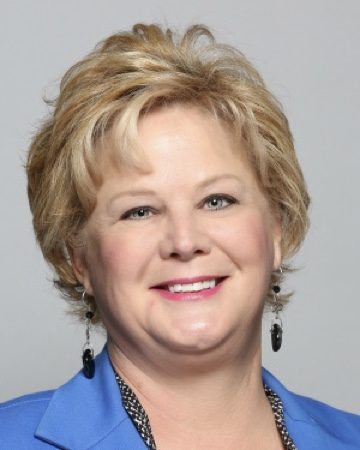
Public Health Emergency Unwinding Is No Time to Relax
A system of continuous Medicaid enrollment has been in effect under the public health emergency declaration. Medicaid programs grew at astounding rate during the pandemic. According to Kaiser Family Foundation (KFF), over seventy-one million Americans received Medicaid benefits in December, 2019 fast forward three years and the number was more than ninety-two million. The Alliance for Community Health Plans (ACHP) predicts that fifteen million Medicaid enrollees may lose coverage now that the Public Health Emergency has ended. In fact, the Administration for Community Living (ACL) has been working with state agencies for the last six months to prepare for the massive undertaking called unwinding the public health emergency.
What is Unwinding?
Unwinding is a euphemism for withdrawing added services put in place during a crisis. Unwinding involves reviewing every enrollee’s file to determine eligibility based on their current status. The Commonwealth Fund said it best:
“The federal government estimates that, ultimately, enrollment will end for nearly 15 million people. Of this group, officials estimate that approximately 8.2 million will lose eligibility owing to income changes. Another 6.8 million will lose coverage because of administrative churning, which refers to eligibility redetermination errors, even if people remain eligible. This may happen if beneficiaries do not respond to information requests that they failed to receive, for instance. Nearly 400,000 working-age adults will lose insurance because they fall into the coverage gap — that is, they live in states that have not yet expanded Medicaid eligibility as allowed under the Affordable Care Act. Uninsured rates, which reached historic lows in 2022, likely will start climbing again, perhaps steeply.”
English Only Communications Deny Access to Minorities
State governments are leading this effort. A KFF survey described how states began this process by updating enrolling contact information, allocating staff to this redetermination process, and educating enrollees on what to expect. KFF researcher queried states on the four common methods to process their redetermination: website, pdf form, call center, and an online application. Use this button to check your state’s ability to reach all people. As you will see, significant barriers exist for non-English speaking recipients.
Time Lines Vary By State
ACL is working with states and has offered waivers to reduce the impact. According to KFF, eight states started the unwinding process in February, fifteen in March, and twenty-eight in April. States agencies believe the process will take one year or longer to complete. No doubt this undertaking with have hiccups and disasters along the way. Unfortunately, communication between the state, the managed service provider and the enrollee is difficult to track and validate as this process is underway. For example, the State of Florida has disenrolled two hundred-fifty thousand people of which eighty-two percent re-enrollment failed due to “procedural or red tape” and not necessarily due to eligibility.
Care for Vulnerable People
Vulnerable people across the country are being cut from the rolls. The special needs plan (SNP) will likely change in scope and funding. A Special Needs Plan (SNP) provides Medicaid benefits and services to people with specific conditions such as Intellectual and developmental disabilities, dual Medicare/Medicaid enrollees over 65 years old, people with traumatic brain and spinal cord injuries, mental health, AIDS/HIV, and other designated populations.
Caregivers
The shortage of paid caregivers, residential care staff, home care, and home health staff were significant during the pandemic. Family caregivers were enlisted as quasi-Medicaid staff members to fill the gap. Thirty-nine states paid family caregivers during the public health emergency and twenty states are committing to continue going forward. That means countless family caregivers will lose this source of income as the program sunsets.
Home and Community-Based Service Impact
In addition, the future of Home and Community-Based Service participation will depend on each state’s Medicaid waivers and priorities. These organizations are critical for reducing the long waiting lists for services.
Assist Medicaid Recipients with Redetermination
Each of us can do our part in helping our government agencies to make the right decisions. Here is a link to the Medicaid Redetermination Request form. https://www.cms.gov/Medicare/CMS-Forms/CMS-Forms/downloads/cms20027.pdf
I encourage you to educate your consumers on the need to verify contact information with their Medicaid case worker. Write a blog post or newsletter article explaining the steps for redetermination. In addition, provide your non-English speaking clients with a translated application or assist them in filing in English. If you are in a health plan, contract your members and discuss what lies ahead with this redetermination process.
Share this Blog Post
In fact, I welcome you sharing this blog post with your staff and members. Together, we must prevent those we serve from falling through the cracks of our broken social care network.



